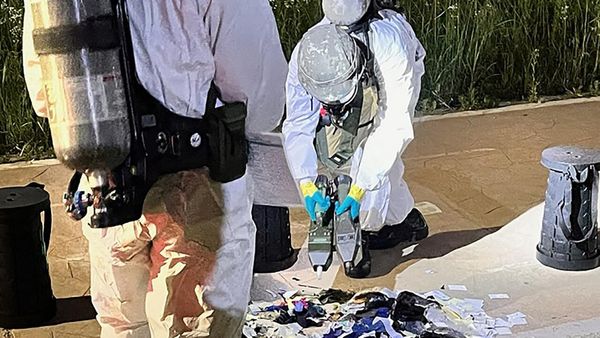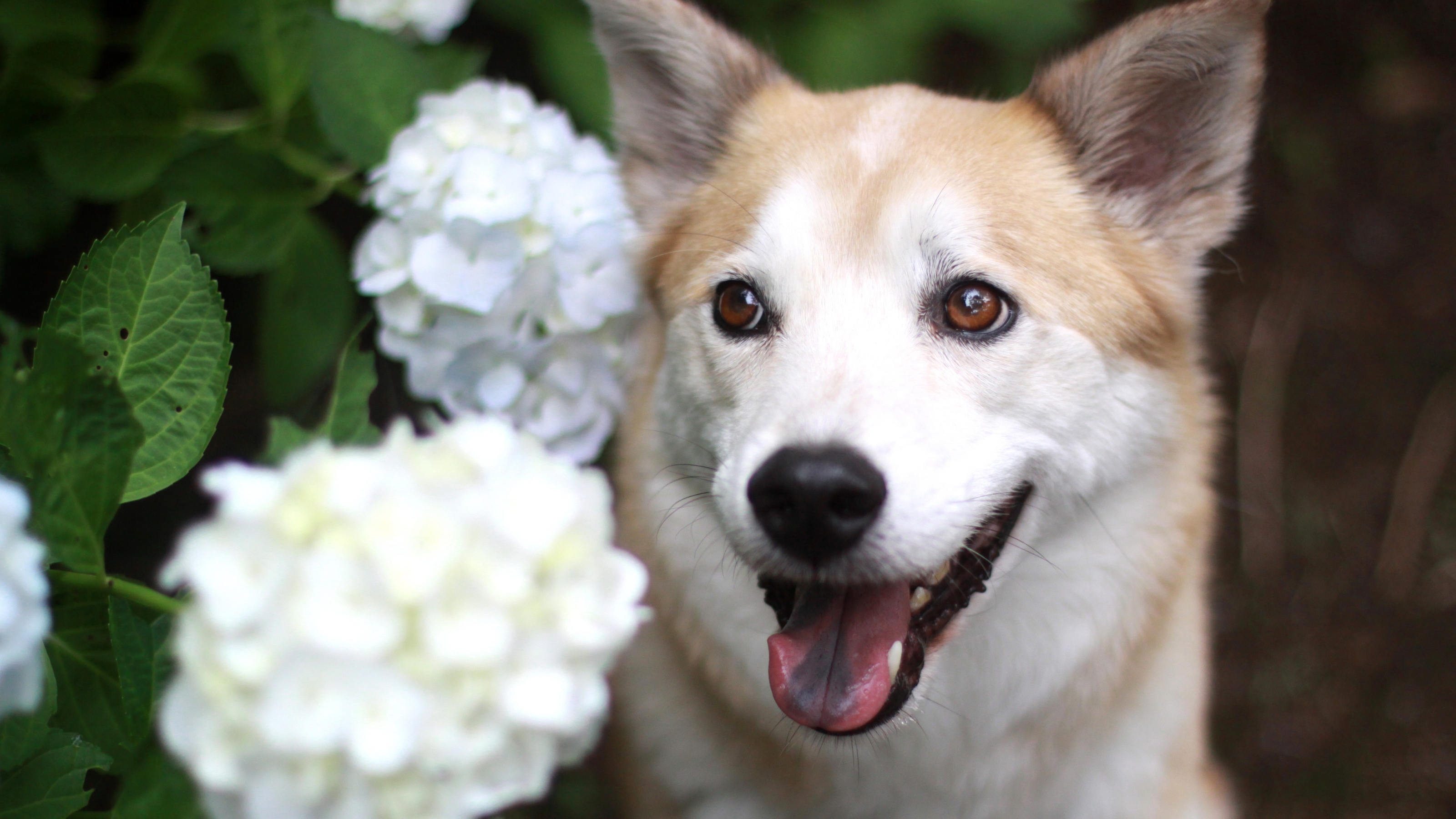
Wondering 'Is hydrangea poisonous to dogs?' If you're a pet owner or a first-time gardener, you'll need to know if this stunning outdoor plant is harmful to your four-legged friends.
We asked veterinary and gardening experts for their insight into this potentially harmful bloom. See what symptoms to look out for and what to do if your dog has ingested any hydrangea.
If you have a newly-developed green thumb and are learning how to care for hydrangeas, this is key info for keeping a safe garden.
Is hydrangea poisonous to dogs?

In short, yes — all parts of a hydrangea plant are toxic to dogs. Hydrangeas are beautiful flowers that come in white, pink, purple, and blue varieties. They're a common garden plant due to their full shape and large size.
But while these flowers are gorgeous to look at, they can potentially be harmful to dogs and other pets. "Yes, hydrangeas are toxic to dogs. They contain a compound called amygdalin, which can release cyanide when metabolized," says Dr. Kathryn Dench, Chief Scientific Advisor at Paw Origins.
"The symptoms of poisoning can range from mild gastrointestinal upset to more severe reactions, such as vomiting, diarrhea, and depression. In my clinical experience, approximately 10% of cases involving ornamental plant ingestion have been linked to hydrangeas, underscoring their common presence in our gardens and the risks associated," says Kathryn.
Hydrangeas are also poisonous to cats as well as dogs and may be harmful to other pets.
What to do if your dog has ingested hydrangea
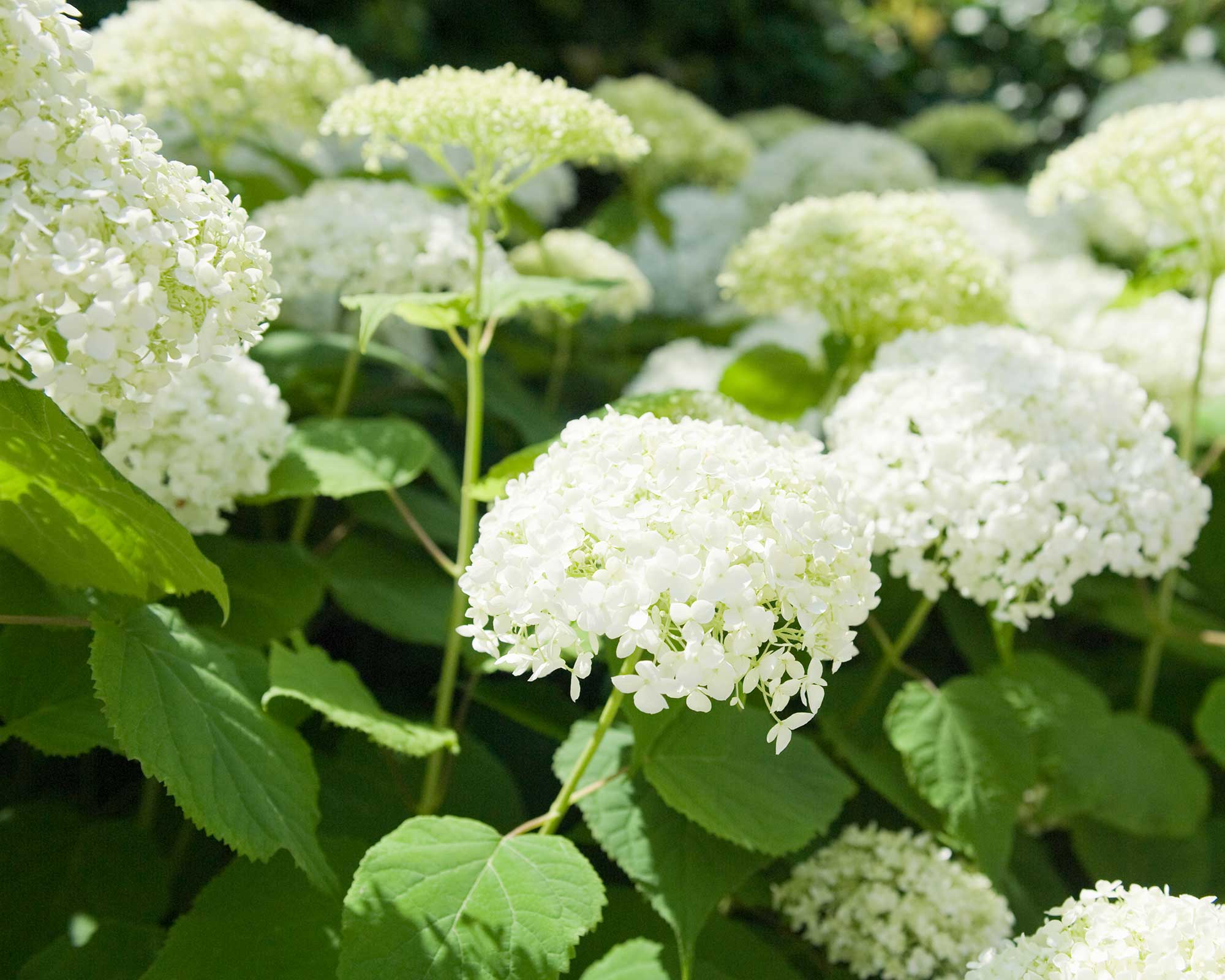
If you think your dog has ingested any parts of a hydrangea, it's important to look out for symptoms and contact a veterinarian right away. "If your dog consumes hydrangea, it's essential to act quickly. The symptoms of hydrangea poisoning in dogs can include vomiting, diarrhea, lethargy, and in severe cases, an increased heart rate and body temperature. If you suspect your dog has ingested hydrangea, contact your veterinarian or the Pet Poison Helpline immediately," says Dr. Alex Crow, a licensed veterinarian and owner of PetHealthGuru.
Treatment can be simple and effective if actioned quickly. You can start the process at home with a few simple steps. "Remove any plant material from your pet's mouth and provide fresh water to help dilute the stomach contents," says Kathryn.
"Contact your veterinarian or an emergency pet poison helpline as soon as possible. Treatment might include inducing vomiting, administering activated charcoal, or more intensive medical support depending on the severity of the symptoms and when the dog ate the plant. Prompt intervention can significantly improve the outcome, so I always recommend pet owners to act quickly rather than waiting to see if symptoms develop," says Kathryn.
- Pet Poison Helpline: 855-764-7661
- ASPCA Animal Poison Control Center: 888-426-4435
Is hydrangea safe to have around dogs?
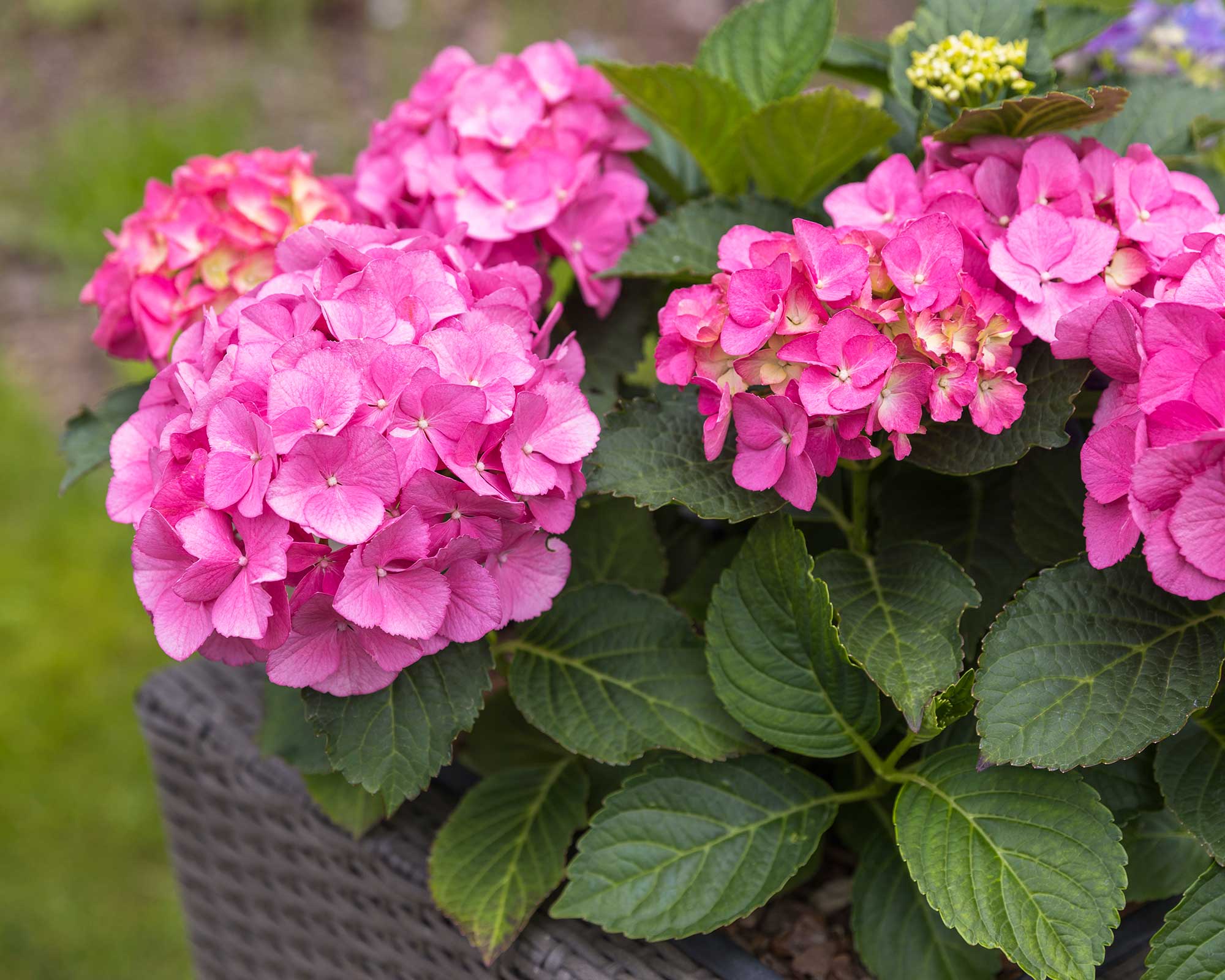
If you're worried about your dogs potentially ingesting or nibbling on hydrangeas in your garden, it's best to avoid them. "While hydrangeas can be beautiful additions to your garden, they're not safe to have around pets, especially dogs. If you have dogs that tend to chew on plants, it's best to keep hydrangeas out of reach or consider alternative plants that are safe for your pets," says Alex.
If you're in an unfamiliar environment like a public park or a friend's house, always supervise your pets when they're in the garden to prevent accidental ingestion of toxic plants. Knowing where hydrangea is planted is important but it's essential to always supervise animals while outside.
What to look for instead
Pet owners, don't panic! There are plenty of other garden and outdoor potted plants to add to your display instead of hydrangeas. "For pet-safe garden beauty, consider alternatives like snapdragons, petunias, or roses, which do not contain the same toxic chemicals as hydrangeas. These plants provide vibrant colors and textures without the associated health risks for dogs," says Kathryn.
You can grab a two-pack of snapdragon plantlings from Walmart or a four-pack of petunias from Amazon to get your garden started.
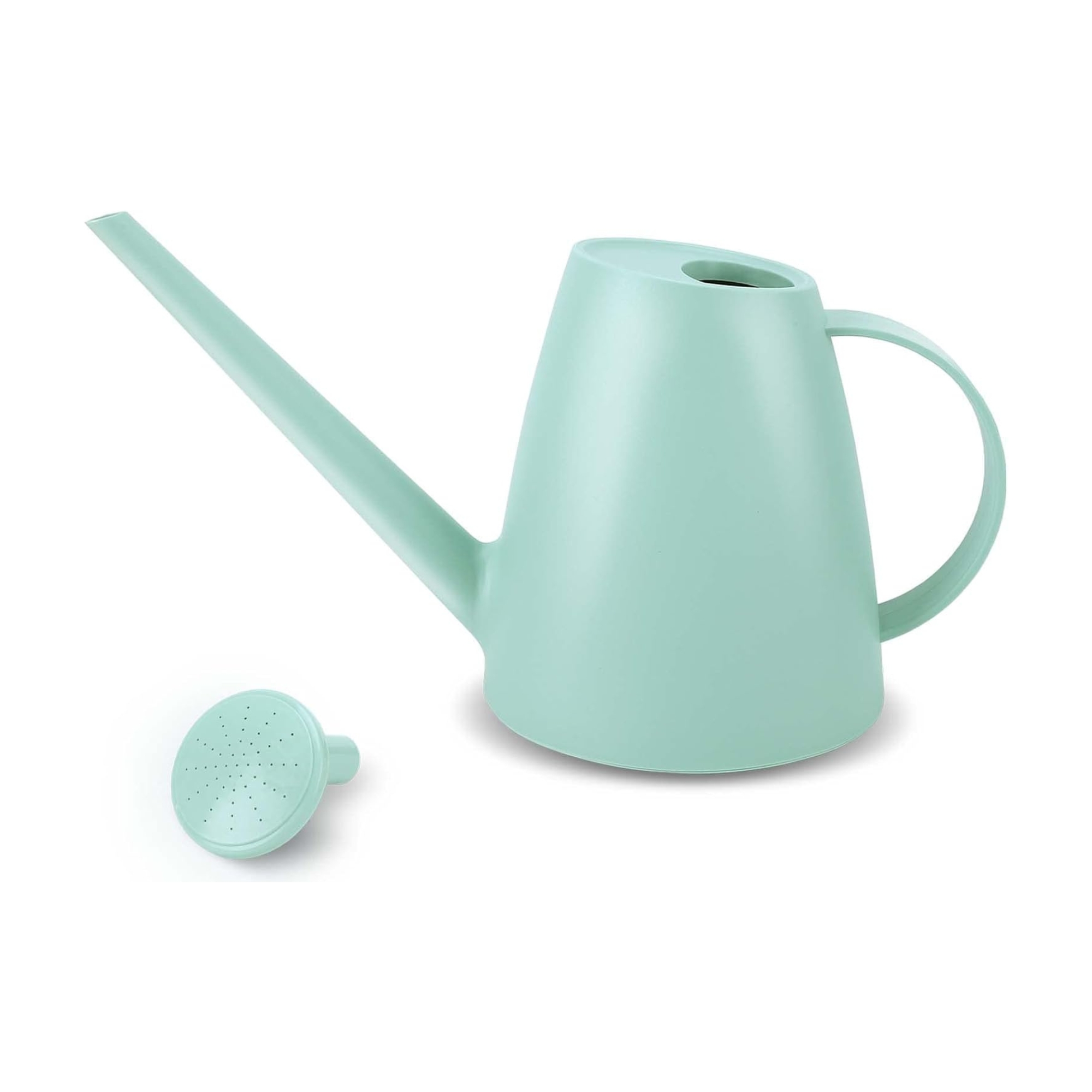
Price: $9.99
With over 7000 positive reviews, this budget-friendly watering can is loved by customers. It comes with a detachable nozzle so you can choose a direct stream or a gentle shower.
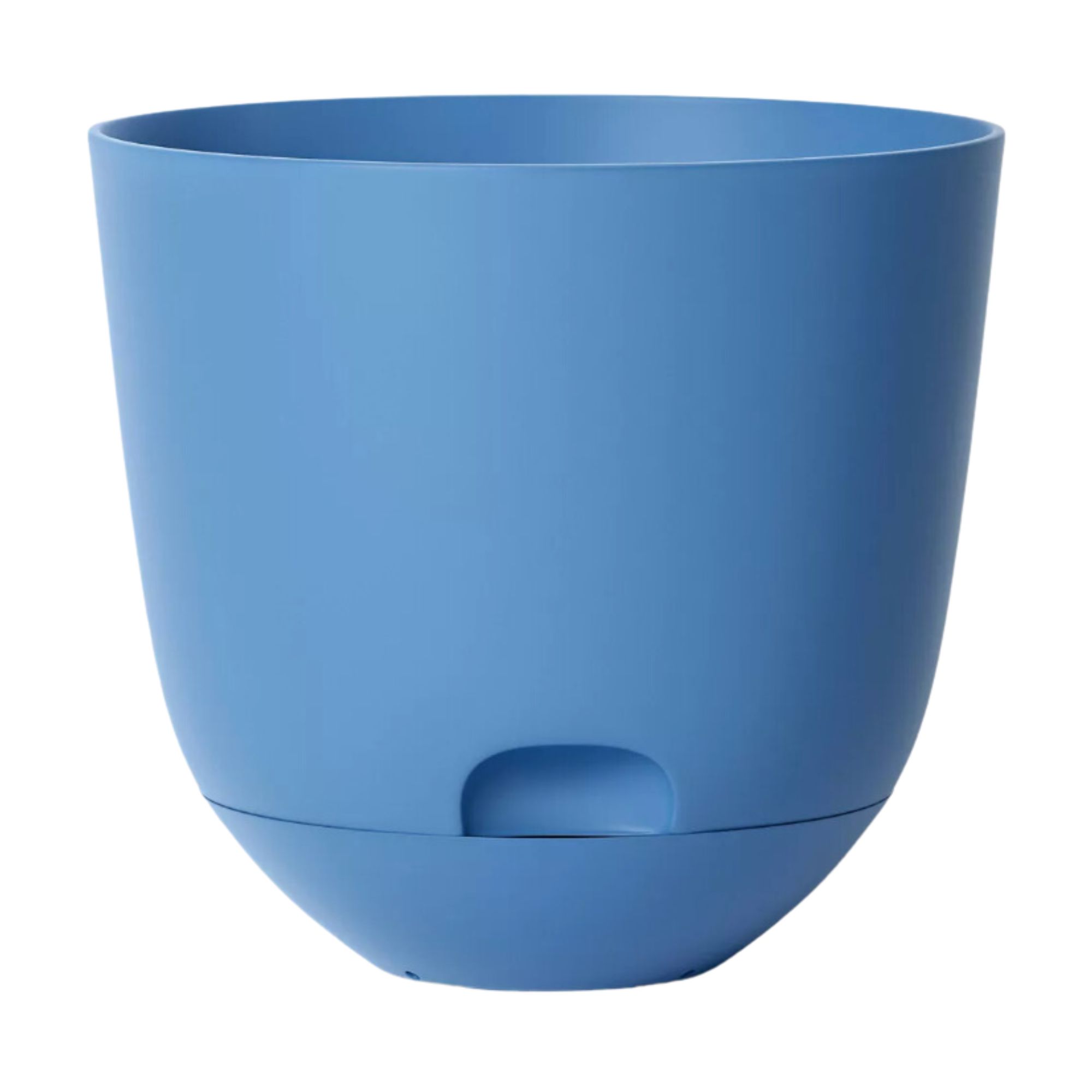
Price: $8
One of Target's best sellers, this self-watering pot features a built-in tray. But be sure to keep an eye on the water pooling to avoid attracting pests and resulting in you having to learn how to get rid of gnats.
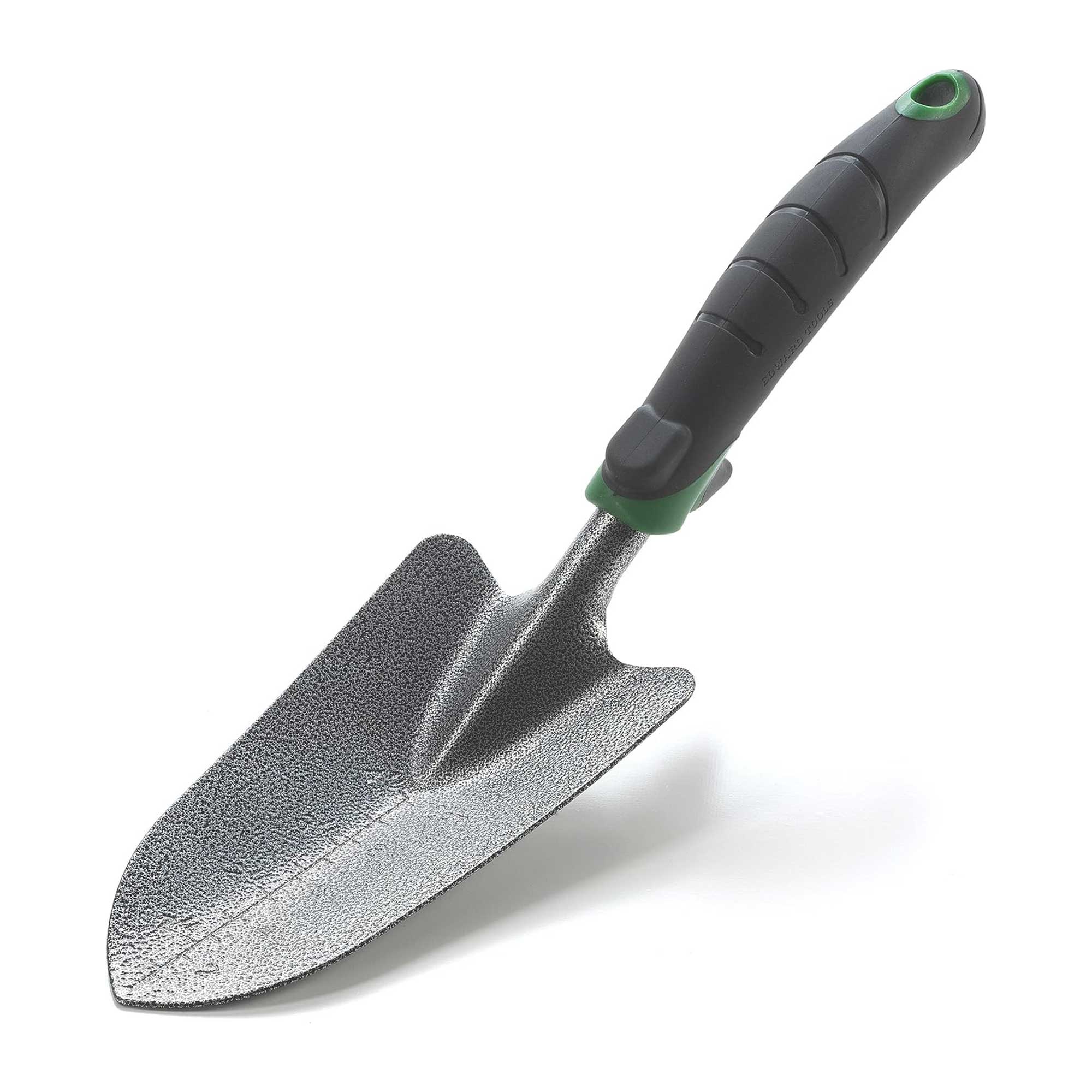
Price: $8.95
A hand trowel is an essential for planting in pots, and this sturdy design with its carbon steel blade and ergonomic grip is a great option.
If you're unsure whether a plant may be toxic to your pet, please consult with a veterinarian before buying. Before buying a new plant, check the ASPCA’s extensive poisonous plant database and the Pet Poison Helpline’s toxicity list.
Get to know which houseplants are toxic to dogs before investing in new greenery and look for pet-friendly plants instead.

